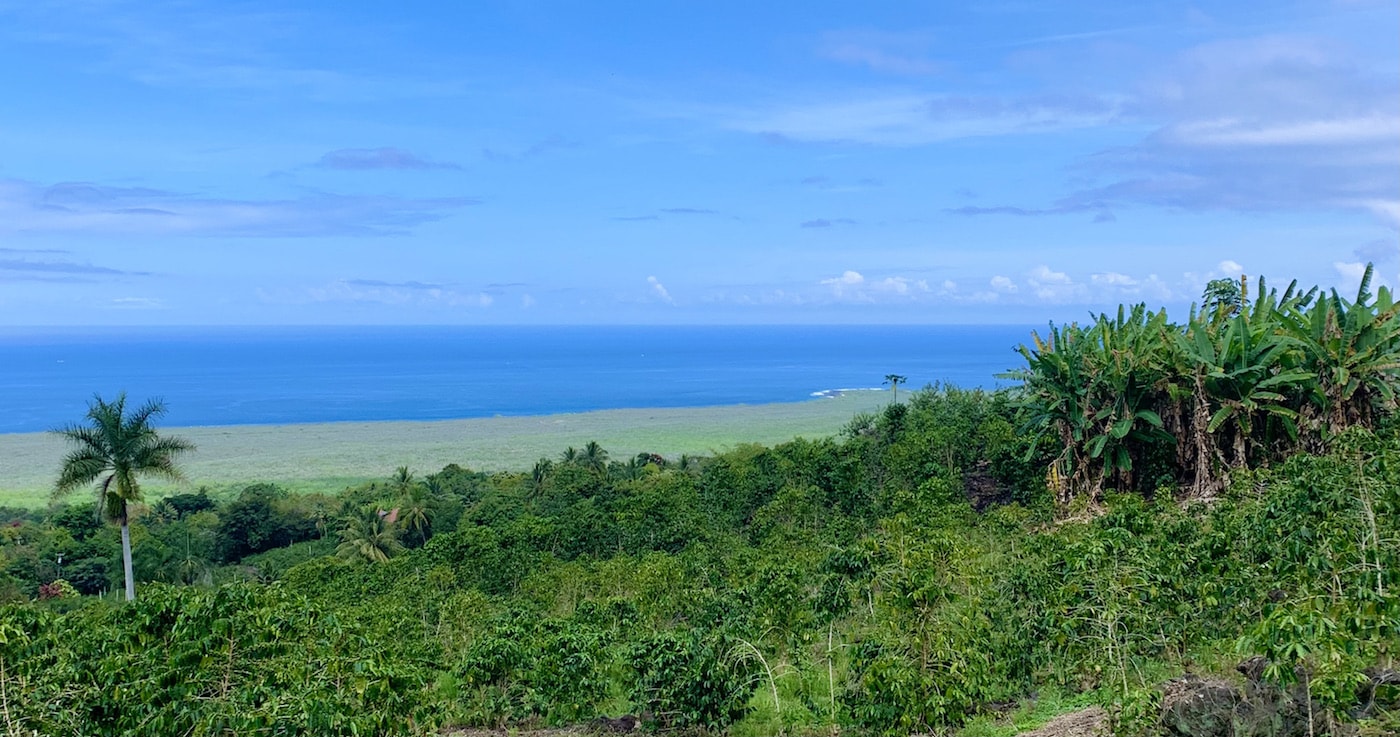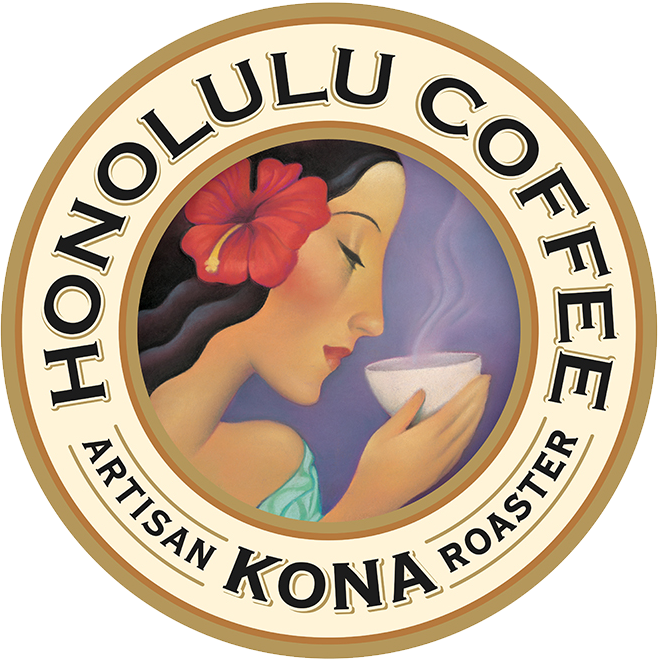
Learn More About Kona

We love coffee here in Hawaii. Not only does it play an important role in our local economy, it ties us to our ancestors and family or ohana. Our Kona coffee is grown on the slopes of Mauna Loa where the plants receive plentiful rainfall and moderate temperatures, giving them their unique flavor. We then add our own personal touch during the roasting process, focusing on bringing out the inherent fruitiness in a coffee while showcasing its natural sweetness.
Not all Kona coffee is created equal though, and you'll find different grades of Kona coffee in Honolulu. Grades are used to separate coffee by quality. Common Kona varieties include:
- Extra Fancy (highest grade)
- Fancy (high grade)
- Kona #1 (mid-grade commonly used in restaurants)
- Prime (lowest grade, but still better than most other coffees!)
These are all considered Type I coffees. That means they came from berries that had two half beans per coffee cherry/fruit.
- Kona Peaberry Coffees -
You'll also find Kona Peaberry coffees, which are from Type II beans. Type II beans have one whole bean per cherry and are the rarest type of coffee bean. Peaberry Prime is the lowest Type II grade. Peaberry #1 is the highest of the Type II grades. Peaberry coffees are smooth and rich with a robust flavor.

- Kona Blends -
Kona coffee is a delicious treat that can be pricey. It's for that reason that growers and roasters started creating Kona blends. These coffees contain some Kona coffee but are blended with coffees from elsewhere (Hawaiian and non-Hawaiian) to create a coffee that retains the clean and well-balanced taste of Kona coffee, but does not cost as much as 100% pure Kona coffee.
In 2003, the Hawaii State Truth in Labeling Law was passed. This law requires a Kona blend to contain at least 10% Kona coffee beans in order to bear the label Hawaiian Kona Blend if sold in Hawaii. Unfortunately, this law does not extend beyond the state where many companies sell "Kona blends" even though they contain a very trace amount of Kona beans. To ensure you are getting a true Kona blend, always buy from Hawaiian sources.
Not sure which Kona coffee is right for you? Check out our Buying Guide blog!
Get even more info about our Kona by visiting Our Farm to Cup experience page.
Featured Collections

Taste the farm to cup difference
Grown on the slopes of the Mauna Loa volcano on Kona, our coffee is carefully roasted and thoughtfully brewed to give you the highest quality cup.


